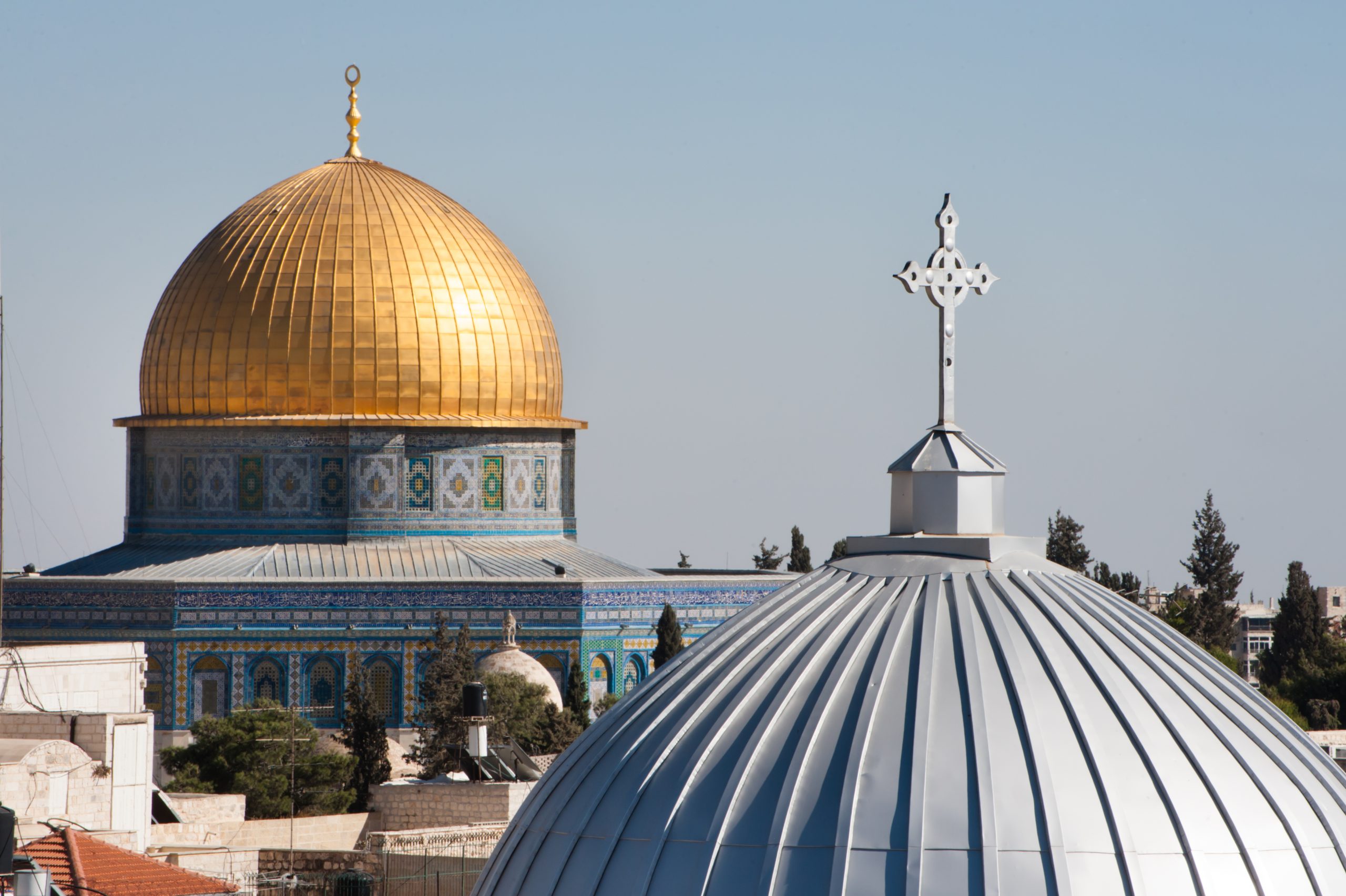Catholicism and Islam, two of the world’s major religions, each with a rich history and profound influence, may seem divergent at first glance. However, a closer examination reveals intriguing parallels and shared principles that demonstrate the universal aspects of human spirituality. This article aims to explore the commonalities between Catholicism and Islam, fostering a deeper understanding of these global faiths.
- Monotheism: One of the fundamental similarities between Catholicism and Islam is their unwavering commitment to monotheism. Both religions adhere to the belief in one supreme, transcendent God, recognizing the divine as the sole creator and sustainer of the universe. This shared monotheistic foundation serves as a cornerstone for theological doctrines in both Catholic and Islamic traditions.
- Prophetic Tradition: Catholicism and Islam share a profound reverence for prophets as messengers of God. In Christianity, figures like Moses, Abraham, and Isaiah are esteemed as prophets. Similarly, Islam recognizes these prophets and adds figures such as Adam, Noah, and Jesus, who is revered in both faiths. The respect for divine messengers underscores the importance of guidance and revelation in both religious traditions.
- Mary, Mother of Jesus: Both Catholicism and Islam hold Mary, the mother of Jesus, in high regard. In the Catholic tradition, Mary is venerated as the Mother of God and plays a central role in various aspects of Christian theology. Islam, too, acknowledges Mary’s significance and dedicates an entire chapter in the Quran to her, emphasizing her virtuous character and the miraculous birth of Jesus.
- Rituals and Sacraments: Catholicism and Islam place importance on rituals and sacraments as tangible expressions of faith. In Catholicism, sacraments like baptism, Eucharist, and confession serve as sacred rites. Similarly, Islam incorporates rituals such as daily prayers, fasting during Ramadan, and pilgrimage to Mecca (Hajj). These practices provide a structured framework for spiritual expression and devotion in both faiths.
- Charity and Social Justice: Both religions emphasize the importance of charity and social justice. The Catholic Church promotes acts of kindness, compassion, and giving to those in need. Similarly, Islam places a significant emphasis on charity, known as “Zakat,” which involves giving a portion of one’s wealth to support the less fortunate. Both traditions recognize the moral imperative of helping those who are vulnerable or marginalized.
- Shared Moral Values: Catholicism and Islam share core moral values, promoting virtues such as honesty, integrity, humility, and compassion. Both faiths provide ethical guidelines and teachings that guide adherents in leading virtuous lives, fostering a sense of responsibility towards oneself and others.
While Catholicism and Islam may have distinct theological doctrines, rituals, and practices, the striking similarities between these global religions highlight the common threads that weave through the tapestry of human spirituality. Recognizing and understanding these shared principles can contribute to interfaith dialogue, fostering mutual respect and appreciation for the diversity of beliefs that shape our world.
Shayne Heffernan









